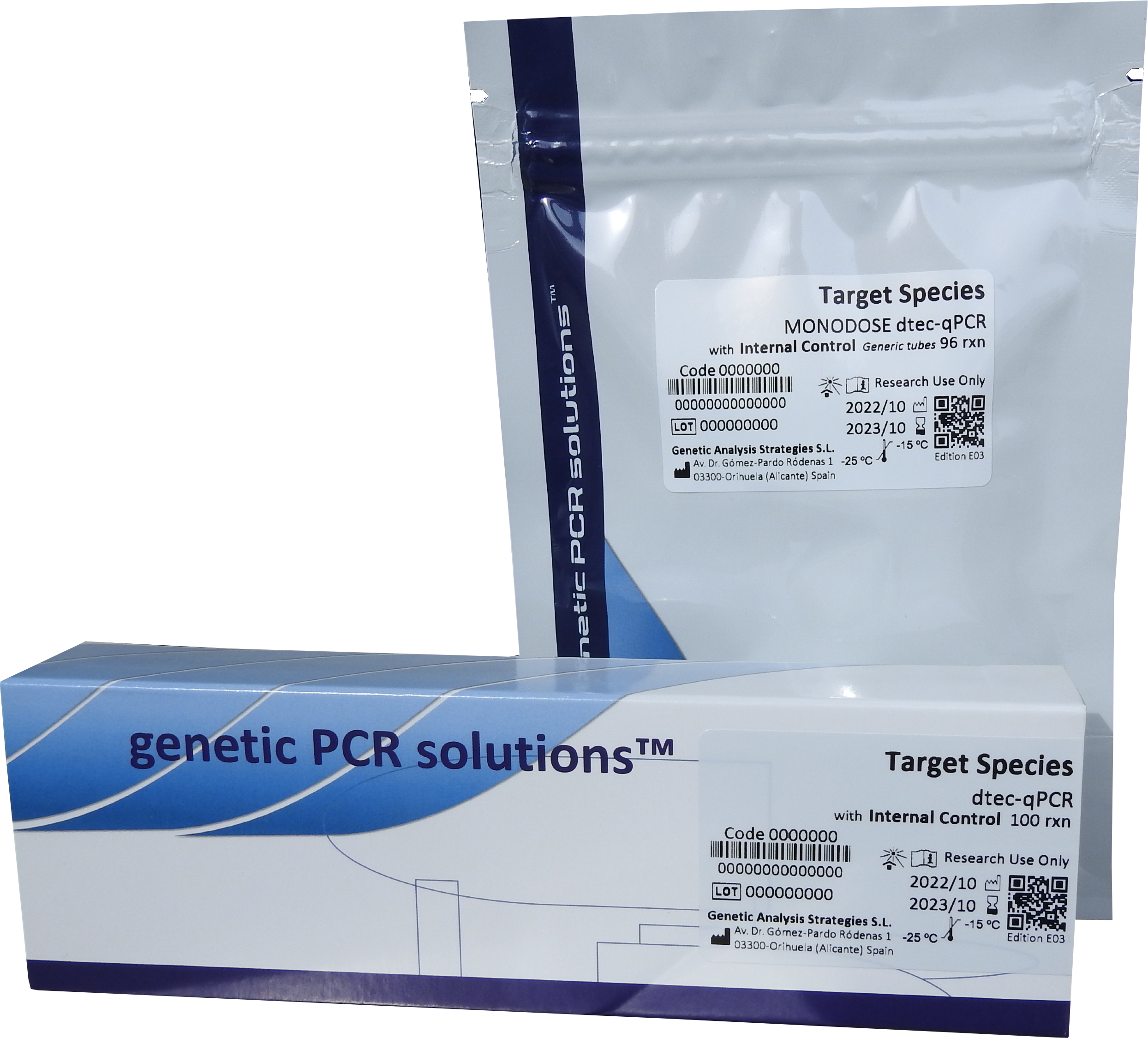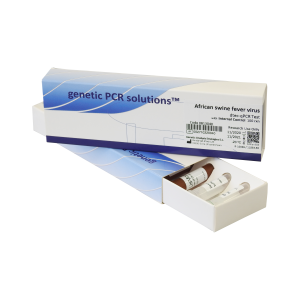Canine and feline haemoplasma species
Description
The Haemotrophic mycoplasmas dtec-qPCR-Panel-4 comprises a series of specific targeted reagents designed for Canine and feline haemoplasma species Mycoplasma haemofelis/haemocanis, Candidatus Mycoplasma haematoparvum, Candidatus Mycoplasma haemominutum and Candidatus Mycoplasma turicensis detection by using qPCR. Mycoplasma is a bacterial genus that lacks a cell wall surrounding the cell membrane. Since there is no murein present in these bacteria, they are naturally resistant to antibiotics that target cell wall synthesis. They are able to colonize the outside of erythrocytes and infect a wide range of vertebrate hosts. Infection with haemotrophic mycoplasmas is often asymptomatic, but it can potentially lead to massive bacteraemia of red blood cells and severe haemolytic anaemia (haemobartonellosis). The bacteria can be transmitted from one animal to another by blood-feeding arthropods, such as fleas and ticks. Molecular detection by qPCR is the most sensitive and specific way of detecting bacteria in the blood of infected animals having acute or latent infections. Mycoplasma haemocanis (formerly Haemobartonella canis) and Candidatus Mycoplasma haemotoparvum are parasitic bacteria capable of infecting immunocompromised or splenectomised dogs mainly. Mycoplasma haemofelis (formerly Haemobartonella felis), Candidatus Mycoplasma haemominutum and Candidatus Mycoplasma turicensis are the three haemoplasma species identified to affect domestic cats.
Kit Content and Prices
GPS™ primers and probes are sold for research use only
All GPS™ Kits are available in F100 and MONODOSE Format
GPS™ reagents are compatible with all qPCR devices



